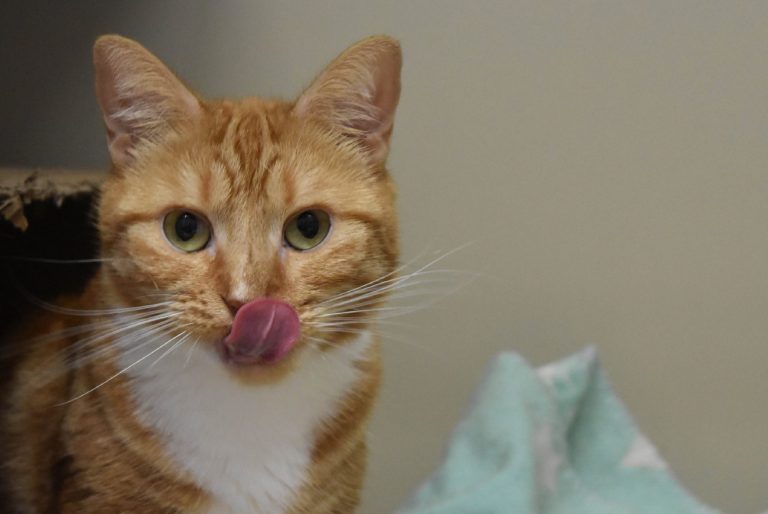Cats love a tasty treat, but you should know sharing is not always caring when it comes to food! Here are some common foods in your kitchen that are best kept out of your cat’s reach:
- Milk and dairy products– Despite the common assumption that a saucer of milk is the perfect treat for a cat, our feline friends have trouble digesting lactose. Giving your cat regular milk and other dairy products can cause stomach upset, diarrhoea, and vomiting. You should only give your cat milk products made especially for pets as these contain no lactose, but do keep in mind that these are often high in calories and are best given only as a special treat
- Chocolate, coffee, or caffeine– Chocolate is high in fat and sugar, both of which are not metabolised well by cats. It also contains caffeine and theobromine which can lead to an increased heart rate and vomiting. Any food containing caffeine can be toxic to your cat, causing heart and nervous system failure
- Cooked bones– Cooked bones from any meat can splinter when your cat eats them, causing damage to the throat, stomach, or intestines. This can then lead to obstructions in the airways or bowels. Raw chicken wings are suitable for cats but do keep an eye on your cat even when they’re eating raw bones
- Dog food– Even though dog food is not toxic for your cat, dogs and cats need different nutrients to have a healthy life. Make sure you feed your cat ‘cat food’ to avoid vitamin deficiencies. If your cat eats small amounts of your dog’s food this is okay but do discourage them and ensure at least 90 per cent of your cat’s diet is ‘cat food’ – look for food that is labelled ‘complete and balanced’. Foods labelled ‘complementary’ are essentially treat foods and should not form the basis of your cat’s diet
- Grapes or raisins– Even if we can’t be exactly sure what specific part of the grape is toxic or how the toxicity occurs, it is clear that even small amounts if eaten can cause damage to the cat’s kidneys and in serious cases develop into kidney failure.
Keep your cat safe by ensuring all food scraps are placed in the bin and resisting the temptation to feed table scraps to your feline friend. Remember cats can jump onto high places and a curious cat will explore any cupboards left open so be mindful of keeping hazardous foods safely out of reach. If you are concerned that your cat may have eaten any toxic foods, seek guidance from your vet immediately.
For more information on common household items that are hazardous for cats, see Cat Protection Society’s factsheet on Hazards for your cat or for general advice on cat care and everything feline, call Cat Protection Society of NSW for assistance on 02 9519 7201.





